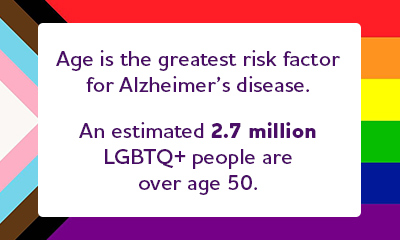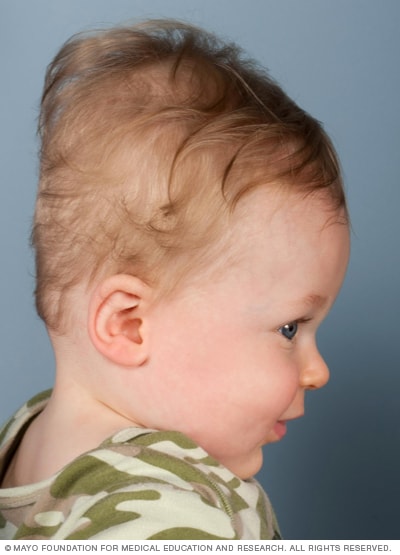A fever is a common sign of illness. But that doesn’t always mean it’s a bad thing. In fact, fevers may help fight infections. So should you treat a fever or let the fever run its course? Here’s help knowing what to do.
These suggestions are for people who don’t have serious health issues. That means they don’t have a suppressed immune system, aren’t taking chemotherapy medicines and haven’t recently had surgery.
Listed in the table below are temperatures taken with rectal and oral thermometers. These thermometers give the best measure of core body temperature.
Other types of thermometers include ear thermometers, called tympanic membrane thermometers, and forehead thermometers, called temporal artery thermometers. They’re easy to use, but they don’t measure temperature as well.
| Age | Temperature | What to do |
|---|---|---|
| 0-3 months | 100.4 F (38 C) or higher taken rectally | Call your child’s healthcare professional, even if your child doesn’t have other symptoms. |
| 3-6 months | Up to 102 F (38.9 C) taken rectally | Have your child rest and drink fluids. Your child doesn’t need medicine. Call your child’s healthcare professional if your child seems more cranky than usual, has little energy or isn’t comfortable. |
| 3-6 months | Above 102 F (38.9 C) taken rectally | Call your child’s healthcare professional, who may suggest that you bring your child in for an exam. |
| 6-24 months | Above 102 F (38.9 C) taken rectally | Give your child acetaminophen (Tylenol, others). If your child is age 6 months or older, ibuprofen (Advil, Motrin, others) is OK too. Read the label to be sure to give the right dose. Don’t wake your child to give fever medicine. Don’t give aspirin to an infant or toddler. Acetaminophen and ibuprofen don’t have aspirin in them. Call your child’s healthcare professional if the fever doesn’t respond to the medicine or lasts longer than one day. |
| Age | Temperature | What to do |
|---|---|---|
| 2-17 years | Up to 102 F (38.9 C) taken rectally for children ages 2-3, or taken orally for children older than 3 | Have your child rest and drink fluids. Your child doesn’t need medicine. Call your child’s healthcare professional if your child seems very cranky, has little energy or complains of great discomfort. |
| 2-17 years | Above 102 F (38.9 C) taken rectally for children ages | For discomfort, give your child acetaminophen (Tylenol, others) or ibuprofen (Advil, Motrin, others). Read the label to be sure to give the right dose. Be careful not to give your child more than one medicine that has acetaminophen, such as some cough and cold medicines. Don’t give aspirin to children or teenagers. Don’t wake your child to give medicine for fever. Call your child’s healthcare professional if the fever doesn’t respond to the medicine or lasts longer than three days. |
| Age | Temperature | What to do |
|---|---|---|
| 18 years and up | Up to 102 F (38.9 C) taken orally | Rest and drink fluids. You don’t need medicine. Call your healthcare professional if there’s also a bad headache, stiff neck, shortness of breath or other symptoms. |
| 18 years and up | Above 102 F (38.9 C) taken orally | For discomfort, take acetaminophen (Tylenol, others), ibuprofen (Advil, Motrin IB, others) or aspirin. Read the label to be sure to take the right dose. Be careful not to take more than one medicine with acetaminophen, such as some cough and cold medicines. Call your healthcare professional if the fever doesn’t respond to the medicine, stays at 103 F (39.4 C) or higher or lasts longer than three days. |
There is a problem with
information submitted for this request. Review/update the
information highlighted below and resubmit the form.
From Mayo Clinic to your inbox
Sign up for free and stay up to date on research advancements, health tips, current health topics, and expertise on managing health. Click here for an email preview.
To provide you with the most relevant and helpful information, and understand which
information is beneficial, we may combine your email and website usage information with
other information we have about you. If you are a Mayo Clinic patient, this could
include protected health information. If we combine this information with your protected
health information, we will treat all of that information as protected health
information and will only use or disclose that information as set forth in our notice of
privacy practices. You may opt-out of email communications at any time by clicking on
the unsubscribe link in the e-mail.
Thank you for subscribing!
You’ll soon start receiving the latest Mayo Clinic health information you requested in your inbox.
Sorry something went wrong with your subscription
Please, try again in a couple of minutes
Feb. 04, 2025
.








Leave a Reply